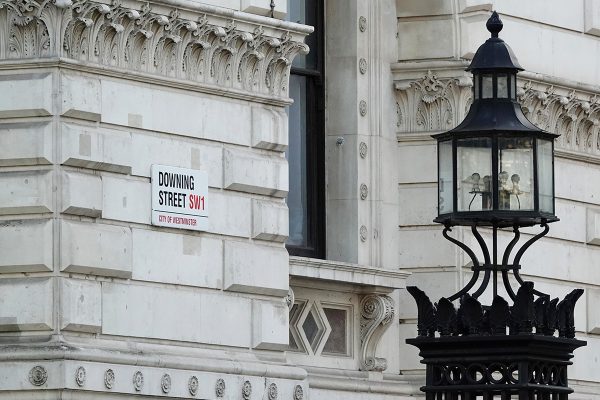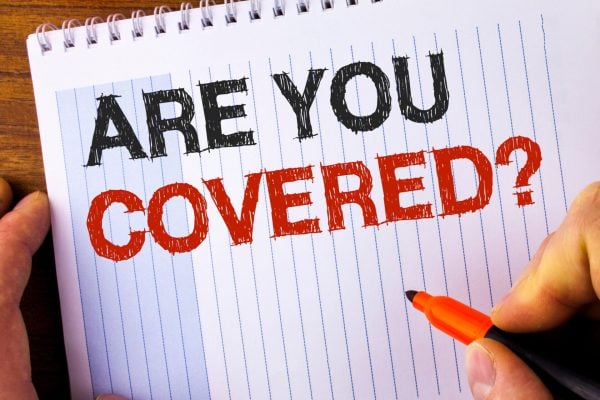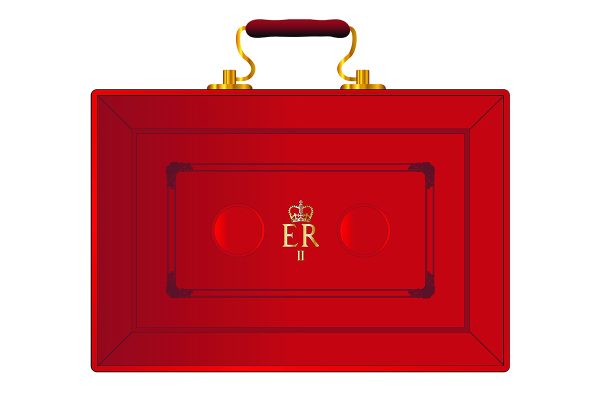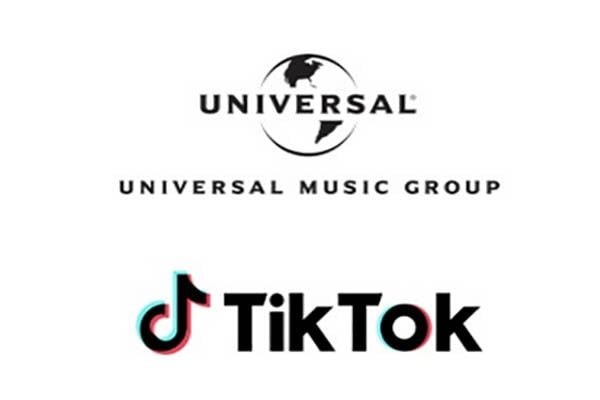 One of the changes in the last budget was an increase to insurance tax premiums of 3.5%.
One of the changes in the last budget was an increase to insurance tax premiums of 3.5%.
Insurance tax will rise from 6% to 9% from November this year and that is expected to raise around £1.75bn for the Treasury.
The Chancellor of the Exchequer, George Osborne, stated that the Government has taken action to make sure that consumers get a better deal from the insurance industry. He also added that Britain’s insurance premium tax is well below tax rates in many other countries and said that’s why he’s raising insurance premium tax to 9.5%.
Whilst the Chancellor said that only about a fifth of all insurance premiums will be affected by the change, it covers all general insurance policies. It won’t affect travel insurance (which is at the higher rate of 20%) and doesn’t apply to long term insurances or a few specialist cases such as insurance for commercial ships and aircraft. However it will apply to insurance for motors, buildings and doubtless business insurances too.
Huw Evans of the Association of British Insurers (ABI) said of the increase “Insurance Premium Tax is a tax on people and businesses at the point at which they buy a general insurance product. So it’s very disappointing to see a more than 50% tax increase being imposed on consumers, especially when the insurance industry and Government has worked so hard in recent years to bring down the cost of essential insurance“.
A big worry is that as premiums rise more businesses and individual will simply opt for lesser cover which could leave them uninsured against certain events, or even worse that some will simply not bother getting insurance at all.
Stopping claims management cold calling
As a bit of good news the Chancellor announced a major review of the regulation of claims management companies and a cap on the charges they impose. These are the companies who ring you up “about the accident you had” (when most of the time you’ve never even been in an accident) or your “Payment Protection refund”. Stopping the less than reputable companies hassling the general public and curtailing the deceitful cold calling methods they use would be welcomed by almost anyone that’s been on the receiving end of their calls.









